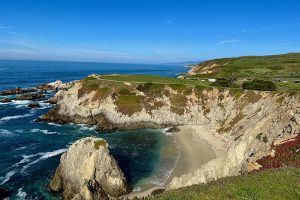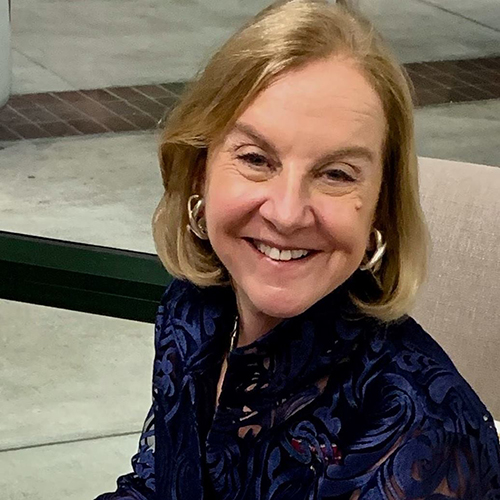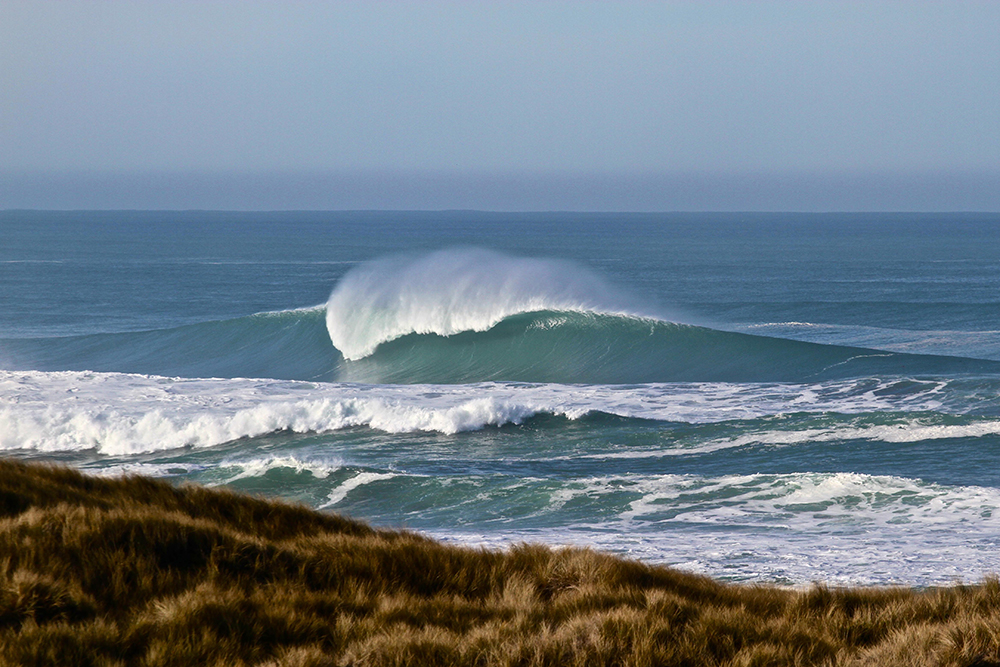
California’s Route One surfs the rim of the Pacific— swerving, curving, diving into gorges, curling around coves, spiraling up cliffs. Sixty-five miles north of San Francisco the rambling road skids into my town, the incorrigibly funky fishing port of Bodega Bay, immortalized in Hitchcocks’s The Birds.
In the early morning light, I drive past The Tides, with photos from the horror classic on the restaurant walls. Past a swarm of windsocks and whirligigs twirling madly in the breeze at Candy & Kites. Past The Boat House, festooned with enough faded rubber fenders to float the fish-and-chip joint through a tsunami.
My destination is Bodega Head, a 265-foot-high granite monolith thrusting like a giant leviathan into the Pacific. Turning off Route One, I circle the boggy end of the bay, past stacks of crab pots, a fleet of sturdy fishing boats, and the Bodega Marine Laboratory and Reserve, a front line for ocean and climate research. The county road dead-ends at a deep pond known as the “Hole in the Head,” the sole remnant of a proposed nuclear plant that feisty locals blocked in a first-of-its-kind environmental protest in the 1960s.
Veering into state parkland, I ricochet around hairpin turns, up and up and up until all I see is blue. Then with a sudden explosion of light and color, the horizon billows in every direction. I bump across the cratered parking lot and step into the briny air. I have arrived at the edge of edges where sea, sky, and land collide and connect.
The vast North American continent sprawls to the east. To the north and south, white-fringed surf slams against the rocky Sonoma coast. On the western horizon, the California Current feeds one of the richest marine ecosystems on the planet. Whales from Baja, Shearwaters from the South Pacific, porpoises from the Bering Sea gorge on its floating feast.
Great white sharks breed in the Red Triangle that stretches south to the Farallones Islands. Rare corals and sponges nestle on Cordell Bank, an underwater Eden as lush as a tropical reef. On offshore rocks, sea lions lift their mighty heads and roar. Overhead migrating seabirds soar on thousand-mile jaunts along the Pacific Flyway.
No moment, no molecule, is completely still. Every day the tide, in its two-step tango, rushes in, swallows big gulps of shore, then shuffles back to the deep. From season to season underwater currents scoop sand from beach to berm and back again. Even the seemingly solid land beneath my feet remains restless.
Bodega Head, part of a massive block forged hundreds of miles to the south, has been rafting northwest along the San Andreas Fault for the last 20 to 30 million years. In geologic time, this pilgrim rock seems an upstart newcomer. The same might be said of me, even after four decades in the Golden State and fifteen years on its northern coast.
Atop this ancient sentinel, I look out over the waves and wonder: Why are so many—including migrant souls like me—drawn to the wild places where heaven, earth, and ocean meet?
“Because,” an ecologist tells me, “the most interesting things happen at the edges.”





